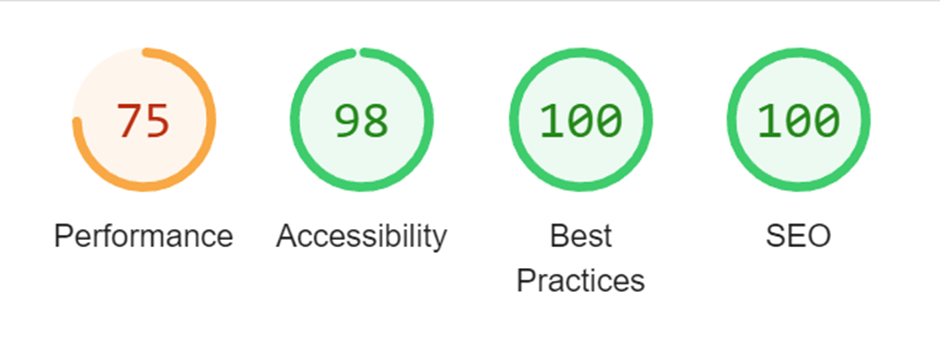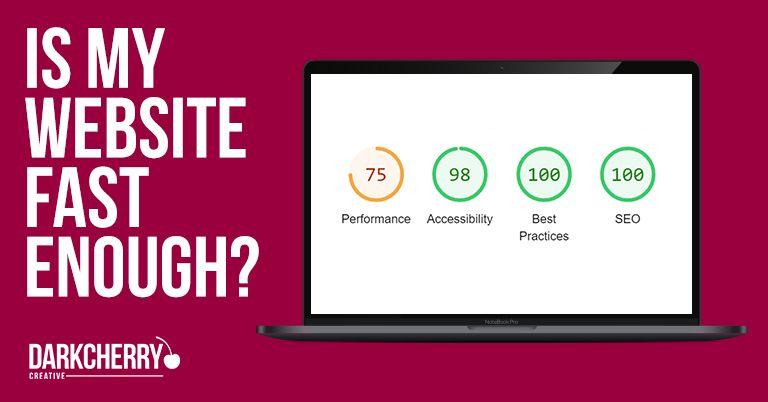First, let’s break down the question a bit as it’s grossly simplified. We need to define who it’s fast enough for, and why.
It’s easy to sit on your desktop machine with 100mb’s internet connection, take a look at your site and give it a clean bill of health. However this really does represent a best-case scenario. Your desktop machine is likely to:
- Run on relatively quick modern hardware
- Have a reliable internet connection, either wired or through a wireless access point with high throughput
- Potentially have visited your site often and have the whole thing cached
A casual browse of your site will almost certainly load a locally cached copy you’ve previously viewed, if it’s not fully cached then the request goes over a reliable and high bandwidth broadband connection. The site is then rendered on screen quickly using your nice quick laptop.
It depends highly on your sector, but the norm is for 60% of your visitors to view on a mobile device. All of a sudden those three factors above probably don’t apply. In particular, there’s a world of difference between a broadband fibre connection and the flaky 3g mobile signal that somebody might get while sat on a bus.
A nice easy test is to turn off your Wi-Fi and view your site in an incognito browser on your phone. The cache is ignored and the whole site is loaded over your mobile connection. I’m willing to bet it’s quite a bit slower than on the desktop machine.
Websites are designed to adapt to most conditions, they should load quickly on all devices and be usable for all. Think about large media that might be present, and how that might load differently on mobile devices.
Let’s use our own website homepage as an example here. It loads quickly regardless of the device, and this is no accident. There’s a lot going on behind the scenes here to make this happen, but some of the main points are:
- All media is “lazy loaded” only when needed
- Media is sized, optimised and compressed for the space available and device
- Hosted in the UK on a fast, dedicated server
There are lots of benefits to the hard work that has gone into this:
Better browsing experience: People hate slow sites, it’s just a fact. Your audience is impatient.
Traffic retention: Faster sites retain visitors. You’ll see this when looking at the “bounce rates” in Google Analytics.
Search engine rankings: Google also likes fast-loading well designed sites. So much so that all things being equal between two sites, other than load speed, the faster loading site will rank higher.
Want to put your site to the test? Download the Google Chrome Lighthouse extension from here: https://chrome.google.com/webstore/detail/lighthouse/blipmdconlkpinefehnmjammfjpmpbjk?hl=en.
Don’t be too upset if you don’t get a glowing report straight away, a lot goes into getting a good score here and Google tends to be somewhat harsh when it comes to grading your site.
If your results are disastrous then get in touch, we know the tricks of the trade that can substantially boost your scores.

